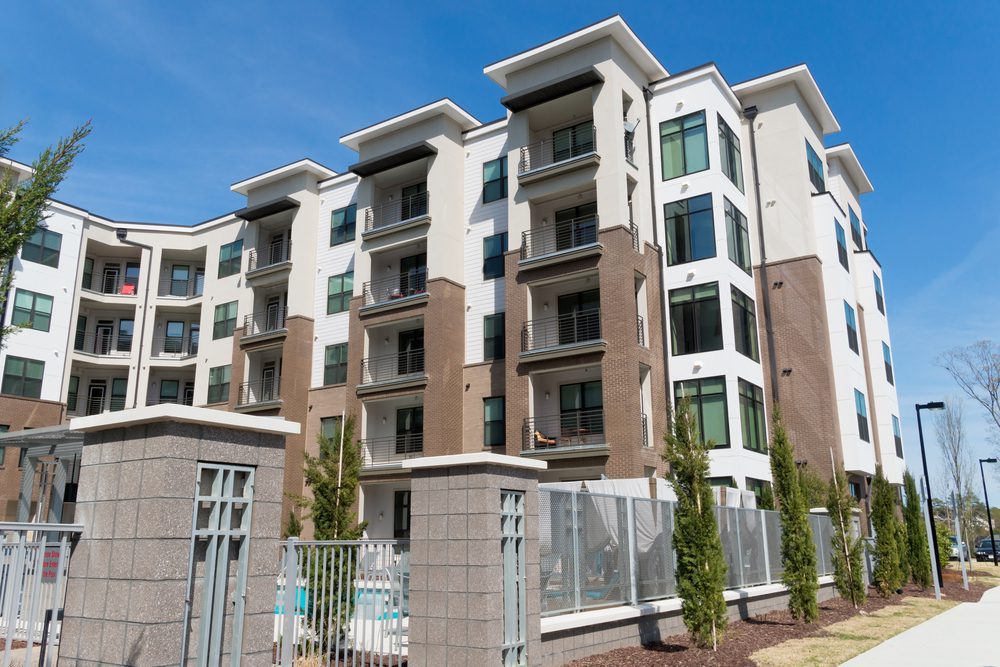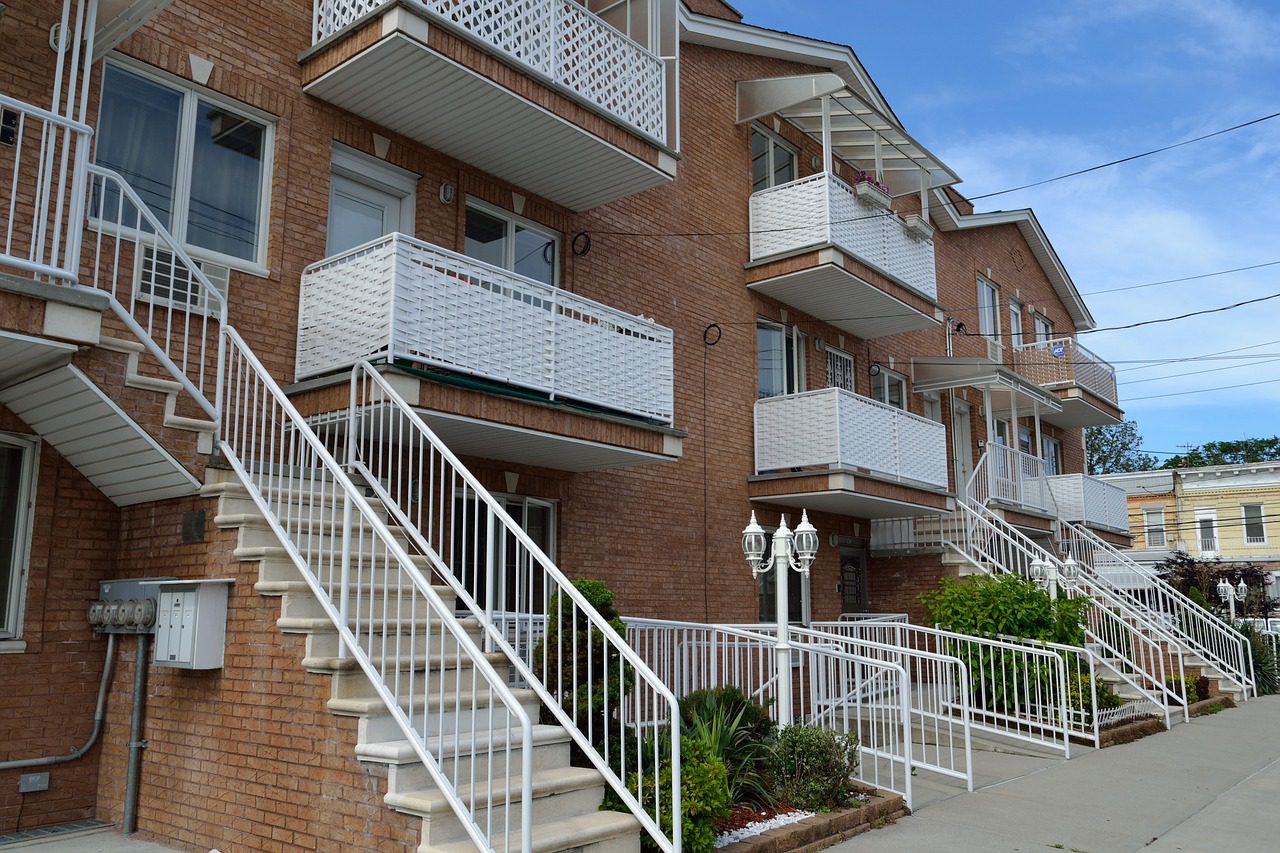According to data from the National Statistics Office (INE), housing rental prices in Spain fell in 2020 for the first time in four years. The pandemic and its changes in the rental market explain this behavior, which has continued in the first half of this year. However, June data showed a slight increase in this indicator compared to the data recorded a year ago. Is this the beginning of the recovery or will rents continue to fall?
Many people wonder if rental prices will continue to fall. The reduction of large cities during the pandemic has led to the evolution of this indicator in other parts of the country.
Housing rental prices
Rental industry experts confirmed that, during the pandemic, the average price of rental properties fell by between 3.5% and 6%. From their perspective, the reason for this decrease is a negative change in the rental value of the country’s main cities. In fact, Jesús Duque, vice-president of Alfa Inmobiliaria, and Iñaki Unsain, president of the Spanish Association of Individual Real Estate Buyers (Aepsi), agree that housing prices in Madrid and Barcelona have fallen due to the coronavirus.
In this regard, Duke explained that “the fall in housing prices in these two large cities has greatly affected the average figure for the country,” despite the fact that these two cities remain “the most expensive for renters.” The environment is 100 square meters, which is about 960 euros per month. However, he clarified that in these summer months both cities are changing because“Madrid and Barcelona are recovering their tone”. He stated, “In other parts of Spain, many people have given up their apartments to survive the epidemic, but are now looking for rental homes, which has had an impact on the recovery of prices.”
The pandemic has changed the rental supply, turning tourist apartments into traditional rentals, and owners will live in homes or properties for sale.

With the flight of tenants, the leasing market has also experienced related changes during the epidemic. One of the most important reasons is the transfer of tourist apartments to the traditional rental market, which initially led to a significant increase in supply, especially in large cities. In this regard, Unsain confirmed that this change resulted in a “price drop” in traditional rents, although he clarified that “the current economic improvement and the elimination of liquidity restrictions” will increase demand, which will translate into new pressures on prices.
Duke clarified that not all tourist rental housing products have entered the traditional market. As a result, he noted that many owners decided to sell their properties, and some owners even “moved directly to these properties,” especially those located in coastal areas, “to take advantage of the remote office.”
In the coming months, the rental market in Spain will tend to recover, and price stability is related to the economic conditions of the country, which still expects a pandemic.
The normalization of the pandemic situation will mark the recovery of the Spanish rental market and the consequent evolution of prices. Manuel Romillo, executive director of the Agency for Rent Negotiation (ANA), pointed out this point, qe believe that after a sharp drop in rental prices, it is “normal” because the market has already adjusted through increased supply. “Rising Peak.” However, he believes that rental prices in Spain will remain stable in the coming months, “and are closely related to the economic conditions of the country and households”.
Emiliano Bermúdez, deputy general manager of donpiso, agrees with this view, and says that rents for the rest of the year “will remain unchanged” because the Spanish market “continues to show great tension and will continue to do so in the coming months. . “. “The pandemic has not contributed to any major trend change in the rental market,” he said.
Trends in renting an apartment

At the same time, the director of Arrenta, Mercedes Robles, predicts that rental prices will show an upward trend due to the economic recovery. Therefore, remember that the last quarter of this year is very important for the rental market. In fact, it shows that only in September, between 25% and 30% of operations tend to close, “when the school year begins and the launch of new professional projects generates high liquidity”.
Experts are sceptical about the possible regulation of the rental market at the national level because they believe that if the law is passed, price controls will put further pressure on the market.
However, industry experts are unsure of future rental prices in Spain, especially if the indicator is regulated in the published housing law. Specifically, Robles believes that price restrictions may mean that “property is withdrawn from the market, so prices are pressured even more”. As far as ANA is concerned, they expect the intervention in rental income to cause investors to disappear and find themselves in stressed areas. Produce slums and more underground economy and other influences.
Therefore, to avoid these problems, both experts promote the implementation of rental incentives for landlords and tenants through personal income tax. They also defended the need to increase legal certainty for landlords and promote public-private cooperation. “Owners see that bringing their properties to the market will bring profits and economic benefits. In addition to reactivate this part of the market is also good news for the overall economy of Spain, will be positive,” concluded Robles.


